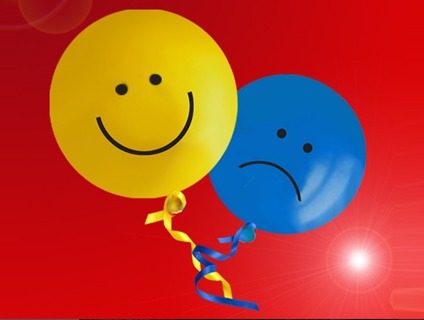Bipolar disorder is one of the most commonly misunderstand conditions in the mental health arena
Bipolar disorder is one of the most commonly misunderstand conditions in the mental health arena. It’s portrayed in movies, TV, news, and pop culture. It’s also often misdiagnosed, making bipolar disorder tricky to manage. It takes an average of 10 years after symptom onset to receive the correct diagnosis. This is because mania is the hallmark of bipolar disorder, and the depressive episodes often times get overlooked. In fact, people with bipolar disorder typically spend much more time depressed than manic, and even years of depression may go by between manic episodes. There is also Bipolar I, Bipolar II, and Cyclothymic disorder to add to the confusion. Additionally, there are mixed states where a person can be both manic and depressed.
So what does mania feel like?…
It can feel like the best night out getting intoxicated. You lose your inhibitions, your morals change. You have to buy that new car/purse/watch you’re fixated on, right NOW. You’re on top of the world and you don’t want it to end.
During a HYPOmanic state you can be funny, fast, outspoken, creative, spiritual and interested in many things and people. You get projects done on little sleep, are more efficient than ever, and generally you feel fantastic. While not as extreme as a normal manic episode, you are still in a somewhat euphoric state.
The depression that inevitably follows these states is profound. Your mind starts telling you that you are worthless. Joy and happiness become an impossibility so why even bother doing anything at all? – and life suddenly loses meaning. Sluggishness, and general weakness make it extremely difficult getting out of bed.
A mixed state leaves you mostly irritated, angry, anxious and depressed all at the same time. There is no fun or flights of fancy here.
Bipolar is a spectrum, and each person has varying core symptoms he/she experiences. The good news is that with the right medication and therapies, you can live a proactive and fulfilled life. But a thorough and detailed evaluation has to be done, and a specialized treatment plan must be created for each individual. It’s why we evaluate YOU, not just the condition, to create the best therapies to allow you to live up to your potential.
Treatment of Bipolar Disorder at Khushi Mind Care includes
A) Assessment :
Psychological assessments :
1. Beck’s Depressive Inventory
2. Hamilton’s Depression Rating Scale
3. PHQ-9
4. Young Mania Rating Scale(YMRS)
Projective Tests Like :
1.Rorschach
2.Thematic Apperception test
B) Medication:
Mood Stabilizing medications are medicines that stabilize the mood preventing both depression and mania. They help improve the way your brain uses certain chemicals that control mood.
Mood Stabilizing medication takes time – usually 1 to 2 weeks – to work, and often, symptoms such as sleep, activity levels, energy levels improve before mood stabilizes. Frequently antipsychotic medications and sedatives (benzodiazepine) are added in initial phases to control the symptoms quickly. Antidepressants, if added are tapered off sooner to prevent triggering a manic relapse.
Medication duration depends on multiple factors like number and types of episodes, total duration of illness, genetic loading, comorbid habit use, etc, and hence best decided by the treating doctor. Do not stop taking the medication without the help of a doctor.
C) Therapy/Counseling :
1. Cognitive-behavioral therapy (CBT) – Methods to learn to identify and modify thought patterns accompanying mood shifts.
2. Interpersonal therapy (IPT) – Centers for resolving interpersonal problems and aiding recovery.
3. Psychodynamic Therapy – Focused on revealing unconscious content of client’s psyche to alleviate psychic tension.
4. Social Rhythm Therapy – To develop a normal sleep schedule and predictable daily routines.
5. Social skills therapy – Training for social skills.










